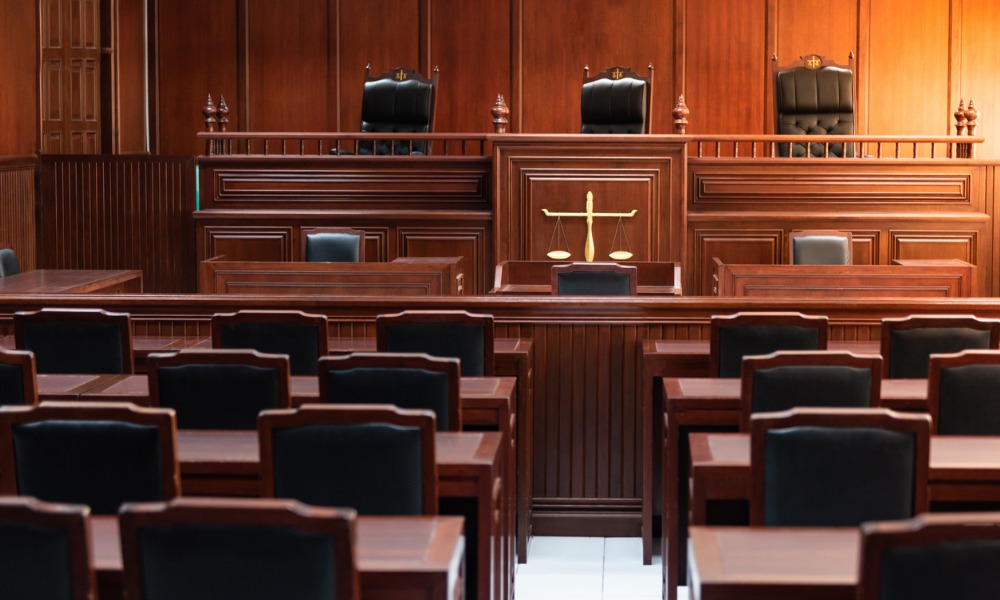
She underscored the essential role of independent judicial systems in maintaining democracy

The Human Rights Council commenced an interactive dialogue with Margaret Satterthwaite, special rapporteur on the independence of judges and lawyers.
Margaret Satterthwaite is an international human rights scholar and practitioner with decades of experience in the field. She is a professor of clinical law at New York University School of Law, where she directs the Global Justice Clinic and serves as a faculty director of the Robert and Helen Bernstein Institute for Human Rights and the Center for Human Rights and Global Justice.
Satterthwaite presented her report, underscoring the essential role of independent judicial systems, including judges, prosecutors, lawyers, and community justice workers, in maintaining democracy. She highlighted that 2024, marked as the largest election year in history, underscores the critical need for robust judicial systems to protect democratic processes and rights.
Satterthwaite identified four main threats to judicial systems: capture, curbing, instrumentalization, and attacks. She noted that governments, elected through legitimate processes, often undermine democratic systems and target judicial actors.
Satterthwaite also detailed her country visits to Montenegro and Mongolia. In Montenegro, she acknowledged progress in judicial reforms but pointed out ongoing legislative gaps and practical issues hindering judicial independence and access to justice. For Mongolia, she commended the efforts to strengthen judicial independence through constitutional amendments and new laws but cited chronic underfunding and lack of public trust as significant challenges.
During the dialogue, speakers expressed support for Satterthwaite's work in documenting violations against judicial actors and providing valuable recommendations. They emphasized the importance of transparent, accountable, and democratic law-making processes, effective judicial protection, and the separation of powers. All member states were urged to protect judges and lawyers from persecution and ensure the independence of justice systems.
Representatives from various countries participated in the dialogue, including Lithuania, the European Union, Gambia, the United States, China, and others. They echoed the importance of judicial independence as a cornerstone of the rule of law and a prerequisite for a functioning democracy. Speakers highlighted the need for an independent judiciary and legal professions to ensure the fair administration of justice and the protection of human rights.
The council also heard from representatives of Montenegro and Mongolia, who reaffirmed their commitment to judicial reforms and the protection of human rights. Montenegro highlighted its progress in combating organized crime and its efforts towards European Union accession. Mongolia emphasized its commitment to strengthening judicial independence and addressing increasing court cases.
In concluding remarks, Satterthwaite called for continued efforts to safeguard judicial independence and protect judicial personnel from undue influence, threats, and violence. She stressed that independent justice systems are vital for upholding the rule of law and ensuring democratic participation.